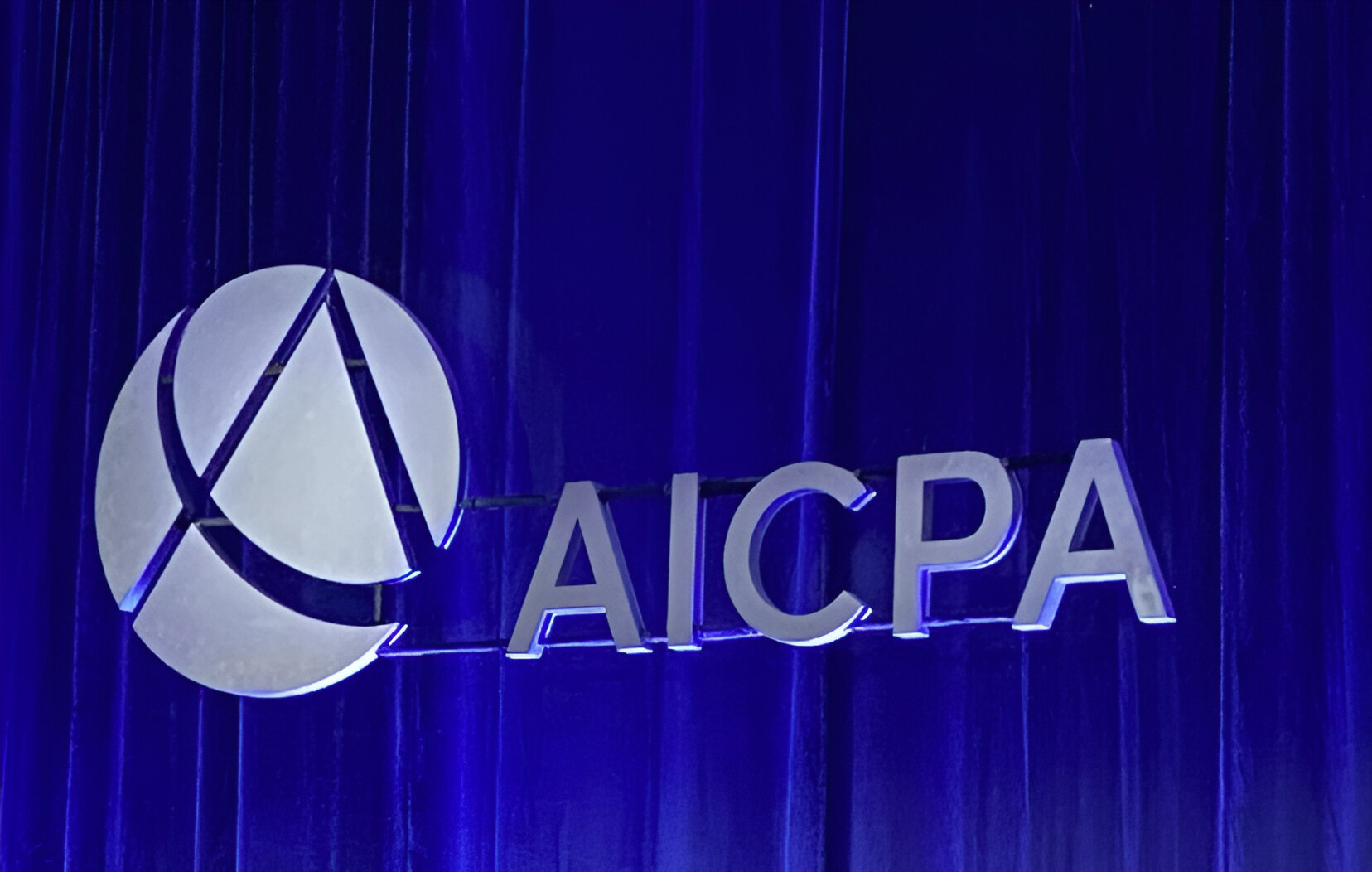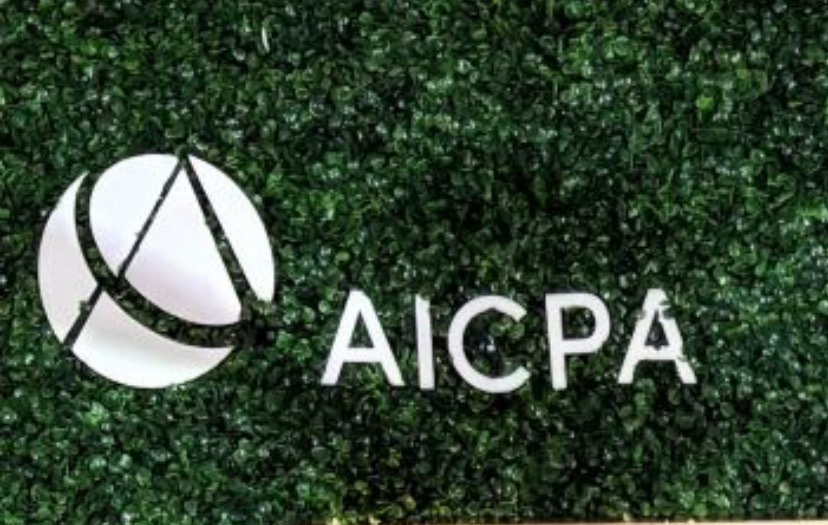The AICPA is calling for the Securities and Exchange Commission to reject the Public Company Accounting Oversight Board’s new rules for audit firms on the reporting of standardized firm and engagement metrics, saying the new requirements would particularly burden small and midsized firms, as well as unintentionally hurt capital markets and the investing public.
“Alternative approaches that better balance transparency, cost, and the needs of audit committees, while continuing to support the quality of audit services and choice of audit providers available to perform public company audits and serve the public interest should be pursued, rather than introducing potentially detrimental unproven regulations,” the AICPA states in a Dec. 19 comment letter to the SEC.
Under the new rules adopted by the PCAOB on Nov. 21, PCAOB-registered public accounting firms that audit one or more issuers that qualify as an accelerated filer or large accelerated filer would be required to publicly report specified metrics relating to their audits and their audit practices. These metrics—which the PCAOB said will further oversight activities and can be used by investors, audit committees, and other stakeholders—cover the following eight areas:
- Partner and manager involvement
- Workload
- Training hours for audit personnel
- Experience of audit personnel
- Industry experience
- Retention of audit personnel (firm-level only)
- Allocation of audit hours
- Restatement history (firm-level only)
Reporting of firm-level metrics would be required annually on a new Form FM, for firms that serve as the lead auditor for at least one accelerated filer or large accelerated filer. Reporting of engagement-level metrics for audits of accelerated filers and large accelerated filers would be required via a revised Form AP, which will be renamed “Audit Participants and Metrics.” Finally, limited narrative disclosures would be allowed—but not required—on both Form FM and Form AP to provide context and explanation for the required metrics.
If approved by the SEC, the earliest effective date of the firm-level metrics will be Oct. 1, 2027, with the first reporting as of Sept. 30, 2028, and engagement-level metrics for the audits of companies with fiscal years beginning on or after Oct. 1, 2027.
For these new requirements, the PCAOB has established a phased-in implementation to provide smaller accounting firms with more time. The requirements would take effect for firms that audit more than 100 issuers first, and for other firms, the requirements would take effect the following year.
In its comment letter to the SEC, the AICPA writes that the requirements would drive small and medium-sized firms out of the public company auditing practice.
“This would result in fewer firms performing audits which are critically important for smaller and medium-size companies seeking to access the U.S. capital markets,” the AICPA says. “Consequently, companies will face greater challenges and higher costs in meeting necessary audit requirements to access to the U.S. capital markets. The PCAOB acknowledges that midsized and smaller accounting firms serving small to midsized public companies will incur substantial, if not prohibitive, costs in complying with the proposed amendments. The final rules reaffirm the PCAOB’s belief that the rules will disproportionately affect smaller firms.”
In the comment letter, the AICPA challenged the PCAOB’s assessment of several factors that could potentially mitigate the impact of the rules, holding that:
It is overly simplistic to think the impact of the rules would mostly fall within the market for large accelerated filers. The comment letter states, “Smaller audit firms often serve clients of varying sizes, and their departure from the broader public company audit market could result in a substantial loss of audit firm options, particularly for smaller, less complex accelerated filers. The loss of competition and the reduction in available audit firms could lead to higher costs and less favorable engagement terms for these smaller issuers. A landscape in which smaller issuers have fewer options contradicts the PCAOB’s goal of promoting fair competition.”
The contention that competition may increase in the non-accelerated filer audit market as firms exit the accelerated filer and large accelerated filer markets is flawed. “This fails to account for the fact that non-accelerated filers often rely on firms with specific expertise and resources,” the comment letter says. “Further, the firms exiting the accelerated filer space may not be able to effectively redeploy their capacity to the non-accelerated filer market. In fact, their exit could lead to a loss of specialized services and a further concentration of resources in the larger end of audit firms, making it harder for non-accelerated filers to secure high-quality, affordable audits.”
The prediction that profitable firms in the larger audit markets could expand their market share overlooks the difficulties in scaling operations quickly. “The resources required to absorb and integrate such capacity are substantial, and many firms may not have the operational flexibility to do so without significant strain on their existing clients and resources,” the comment letter says. “This further risks driving up audit costs for smaller and midsized issuers, which are often less agile and unable to absorb such change without significant disruption.”
A final area of concern is the use of the performance metrics within the PCAOB’s inspection and enforcement program, increasing the risk of enforcement for minor, unintentional reporting errors, the AICPA says. The PCAOB rejected calls for a threshold based on the severity of reporting errors, the comment letter states.
In a Dec. 10 speech during the AICPA & CIMA Conference on Current SEC and PCAOB Developments, PCAOB Chair Erica Williams said the new firm and engagement metrics “would provide investors, audit committees, and other stakeholders with valuable information on firms and their engagements to help them make knowledgeable decisions regarding audit firms and investment-related choices.”
“We believe this information will help investors in their capital allocation, but it also will benefit other aspects of capital formation. Of course, you have heard me say that in addition to the PCAOB and the firms, investors and audit committees also play a significant role in demanding quality audits. This information further empowers them,” she said. “For example, if approved by the SEC, the information disclosed will provide a basis for investors to make more informed decisions when ratifying auditor appointments, electing board members, and allocating capital, and it will provide a basis for audit committees to make more informed decisions in retaining and monitoring auditors.”
Thanks for reading CPA Practice Advisor!
Subscribe Already registered? Log In
Need more information? Read the FAQs




